Search Results: electricity
-
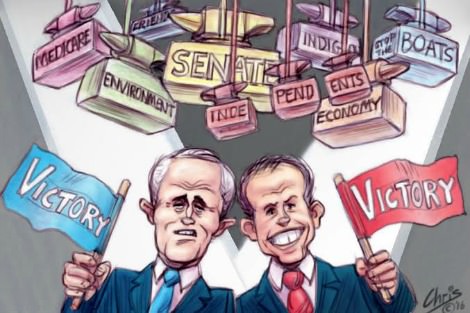
AUSTRALIA
- Andrew Hamilton
- 04 July 2016
17 Comments
After a plodding election race the stewards have called for a photo. But it looks more likely that Turnbull will be able to form a government. If so, he will need to address the interlocking challenges that we face in order to leave our children a world of possibility. The hope will be muted because both major parties promised little or nothing to address them. But we can take heart that there is certain to be an independently minded senate that can consequently strike down bad policies, and keep asking what kind of an Australia we want.
READ MORE 
-
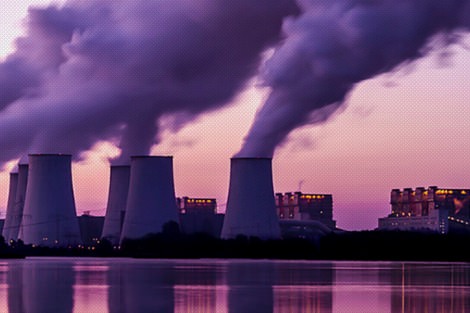
ENVIRONMENT
- Thea Ormerod
- 21 June 2016
4 Comments
An accelerating number of institutions and individuals are moving their money out of planet-heating fossil fuels and into climate solutions. The total assets guided by some form of divestment policy was $3.4 trillion at 2 December last year, 50 times more than what was up for divestment 12 months earlier. It sounds like a lot, but it's a small amount compared to the $100 trillion-plus invested in the usual way. That's our money, in banks and super funds, managed funds and insurance companies.
READ MORE 
-
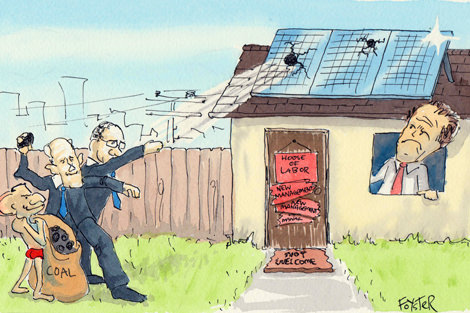
ENVIRONMENT
It was as if Australian politics had regressed four years overnight. No sooner had Labor released its new climate change plan than the Coalition was resuscitating Tony Abbott's 'carbon tax' line. The Coalition's attempt to revive the defining debate of the 2013 federal election won't work. As other commentators have noted, Labor's plan has been carefully crafted to avoid the carbon tax sledge. More importantly, external factors have changed to make a scare campaign less potent.
READ MORE 
-
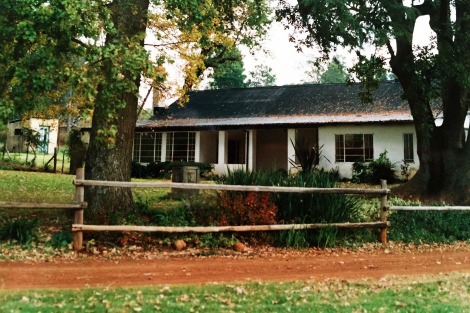
MEDIA
- Catherine Marshall
- 18 December 2015
4 Comments
On her last Christmas, my mother produced a Christmas dinner for 14 people on an ancient anthracite stove in the kitchen of the farmhouse I'd recently moved to. Nothing could distract her from the preparation of this Christmas lunch on a stove that was built last century - except for the pain that had been growing for some months just beneath her ribs. As she stirred the stock and pressed cloves into the ham I saw a wave of discomfort wash over her. It was uncharacteristic and unnerving.
READ MORE 
-
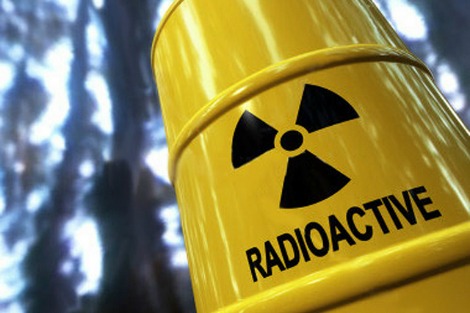
ENVIRONMENT
- Michele Madigan
- 18 November 2015
14 Comments
It's no surprise that three of the federal government's shortlisted sites for the proposed national radioactive waste facility are in South Australia, the 'expendable state'. And it's disturbing to find that the owner of at least one of the sites has been misinformed, believing 'It's basically only a medical waste facility.' In fact the farmer and Indigenous opponents of the sites are right to be concerned. The intermediate level waste housed at such a facility will be hazardous for thousands of years.
READ MORE 
-
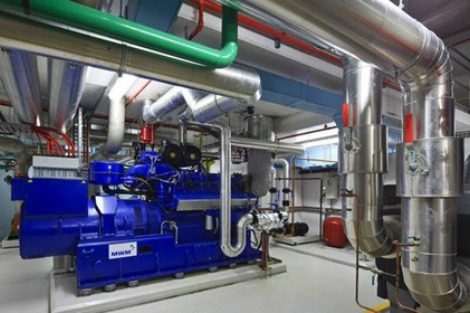
ENVIRONMENT
- David James
- 05 November 2015
2 Comments
In the early 1990s London engineer Allan Jones took the suburb of Woking off the grid by establishing a system of tri-generation, which reduces waste by generating power locally. The Sydney City Council employed Jones in 2009 to bring the same approach to Australia. But regulations from previous eras that greatly favour the incumbent power companies are preventing any meaningful change. Once again we find that the main challenges with tackling global pollution are not technical, but political.
READ MORE 
-

ENVIRONMENT
- Nicholas Low
- 04 November 2015
20 Comments
Environmental justice will be part of the discussion in Paris this month. The principle of justice says each person is of equal value no matter which nation or ethnic group they belong to. Each Australian contributes 16 tonnes of carbon dioxide per year, while each Bangladeshi contributes a little more than a third of a tonne. If the principle of justice is applied, Australia will have to move from 16 tonnes per person to about a third of a tonne, roughly equivalent to what a Bangladeshi emits now.
READ MORE 
-

AUSTRALIA
- Frank Brennan
- 23 October 2015
4 Comments
Francis knows there are all sorts of issues inside and outside the Church where for too long people with power have tried to keep the lid on, in the hope that the problems and complexities will go away, often by parodying those who see the problems or complexities as small 'l' liberals or cafeteria Catholics. He delights in being joyful and troubled while contemplating big problems, calling people of good will to the table of deliberation reminding them of the kernel of the Christian gospels. He has the faith and hope needed to lift the lid without fear and without knowing the answers prior to the dialogue occurring.
READ MORE
-
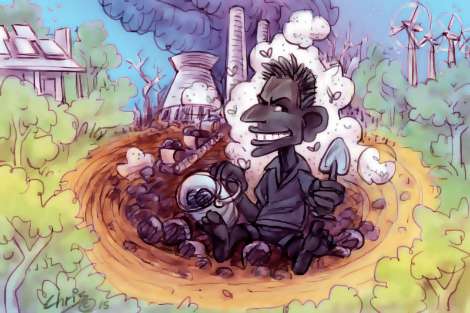
AUSTRALIA
- Fatima Measham
- 24 August 2015
10 Comments
The epithets used against environment groups have been extraordinary after a judge of the Federal Court set aside Environment Minister Greg Hunt's approval of the Adani thermal coal mine. Perhaps legislation has always been an instrument for ideological agendas, but the compulsion and ease with which the Coalition has taken to the law to restrict scrutiny doesn't bode well for us.
READ MORE 
-
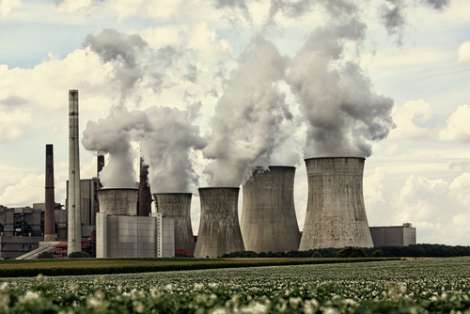
AUSTRALIA
- Andrew Hamilton
- 27 July 2015
15 Comments
The Federal Government's ethical argument for coal is that it is the most readily available and cheapest resource for generating electricity for the development of poorer countries. The structure of this argument based on our duty to the poor is significant. It assumes that governments, mining companies, banks and the people who invest in them a duty to consider the effects of their actions on people both in their own nations and in other nations.
READ MORE 
-

AUSTRALIA
- Kerry Murphy
- 17 July 2015
7 Comments
How we name someone makes a big difference. Criminals are subject to the criminal justice system. They can access legal aid and the prosecution must prove its case. Whereas terrorists can have their citizenship cancelled under the proposed changes to the Citizenship Act if they are a dual national, even without a conviction.
READ MORE 
-
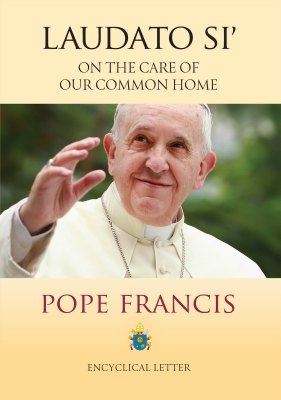
RELIGION
- Neil Ormerod
- 15 July 2015
29 Comments
It is not surprising that The Australian should be leading the local pushback on the environmental encyclical Laudato Si'. What is surprising is that a Catholic priest - Fr James Grant - should be joining the chorus against the encyclical, initially in an IPA media release. His more recent contribution to The Australian is right out of the briefing notes supplied by the coal industry in its global public relations efforts to shore up its waning reputation.
READ MORE 